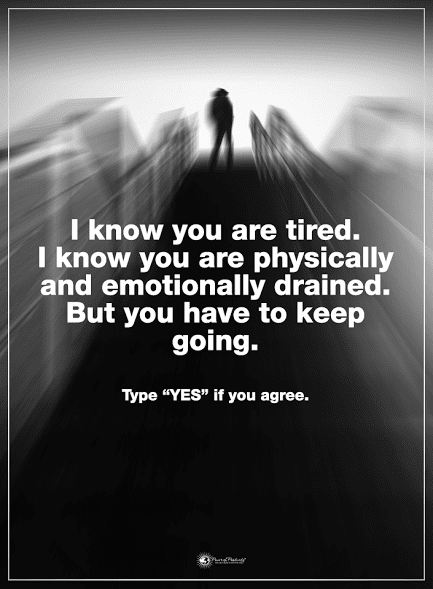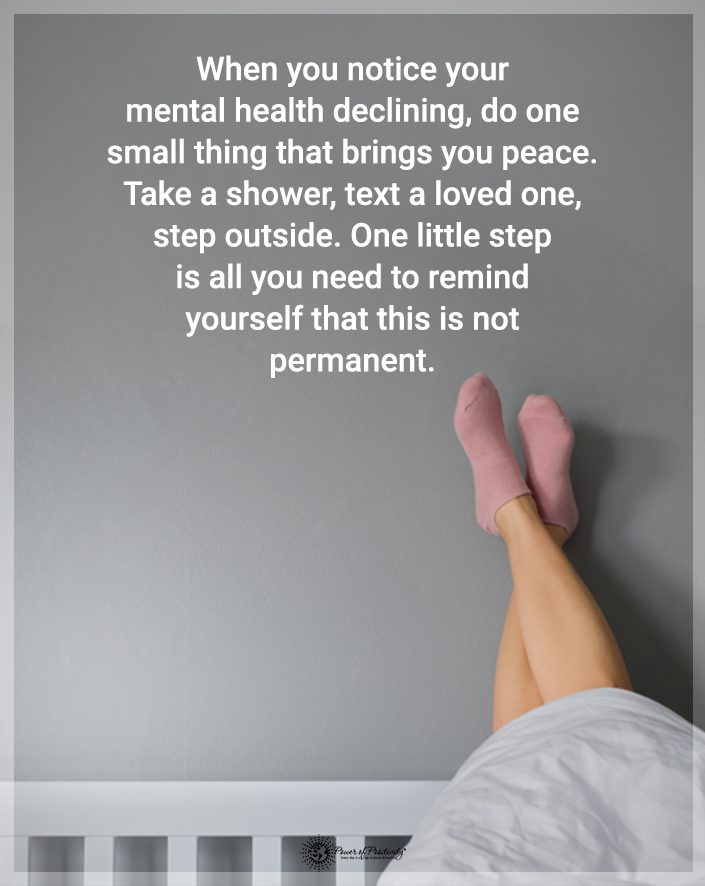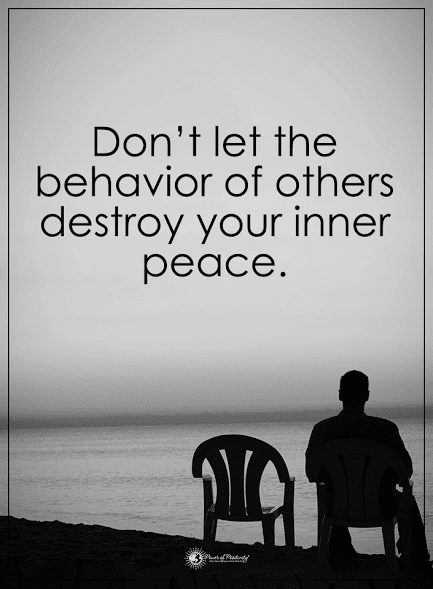It’s easy for most people to tell an unhappy person fairly quickly. But what can lessons can we learn from them?
“Don’t judge me until you’ve walked a mile in my shoes.” ~ American Proverb
“When there is no enemy within, the enemies outside cannot hurt you.” ~ African Proverb
What this article is not
The last thing he wishes to impart is any sense of superiority or inferiority.
The quote “Don’t judge me until you’ve walked a mile in my shoes” has been around a long time. The wisdom of this old proverb (like so many others) remains today.
The same goes for the second adage, “When there is no enemy within, the enemies outside cannot hurt you.” When we can take the reins of an unwieldy mind, dispel our insecurities, and strengthen our resolve (esp. to the outside world), we then find ourselves in a position of power.
A position of inner strength (above, power) does two things: (1) shields us from many of the causes of unhappiness and discontent, and (2) allows us to have empathy for those in a weaker position.
So, what can we learn from unhappy people? Let’s talk about seven important things:
1. Unhappiness can happen to anyone
That’s right. Unhappiness, whether caused from an outside or inside influence, can happen to anyone. Of course, due to differences in brain chemistry, environment, etc., some people are more susceptible to bouts of sadness and discontent than others.
2. Unhappiness can “rub off”
Going back to the introduction, one needs a thick skin to deal with certain individuals. Have you ever had a chronically unhappy boss? How about a chronically unhappy boss that deliberately sought to make your life miserable? (Share please!)
Cause and effect are a law of nature and certainly applies here.
3. Unhappiness is depression, expressed
What do we mean by this? Simply, when someone is dealing with depression, it’s tough to appear anything less than unhappy. Why? Because of the ways that depression changes the brain. Historically, people diagnosed with depression have low levels of the neurochemicals serotonin, norepinephrine (nor-ep-in-eh-fr-in). The former chemical is responsible for mood stability; the latter for increased alertness (“feeling alive”).
4. An unhappy person can be disturbing and distracting
There is no way to sugarcoat this: unhappy people can be disturbing and distracting. This is particularly true if we’re both sensitive and observant to the people around us.
5. Unhappiness can be a never-ending search
How many people want to be unhappy? Barring serious emotional issues, the answer should be around zero. Naturally unhappy people search – and search some more. Some people think a fat bank account will do it. Well, there is some correlation between money and satisfaction, much less of a correlation between money and happiness. A University of Illinois study found that “people who earn the most are only a smidge happier” than the average folk.
6. Unhappiness can be subtle
In many ways, our habits define who we are and our happiness. Lifestyle choices – materialism, avoidance behavior, substance abuse, laziness, etc. – all have consequences. Soon, we find ourselves asking, “How the hell did I get myself into this?” Getting to this point can be enlightening, even if it is uncomfortable. More importantly, after kicking ourselves in the rear, we’ll start looking at our life a bit closer. All of which leads to the final point:
7. Unhappiness has a solution
People who’ve suffered with and recovered from bouts of unhappiness often have the same advice: a solution is out there. Second, it’s much easier to see the light with some help from others. There is no “one size fits all” fix to unhappiness. One must find what works for them, do, and repeat.
Final thoughts on learning from an unhappy person
If you’re happy with your life, consider reaching out to someone who may be having a tough time. If something is causing you some despair, try to find the root cause. Travis Bradberry, the author of Emotional Intelligence 2.0, says it perfectly:
“Changing your habits in the name of greater happiness is one of the best things that you can do for yourself. But it’s also important for another reason – taking control of your happiness makes everyone around you happier too.”














